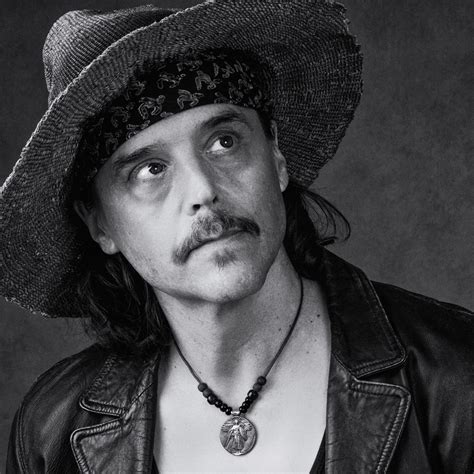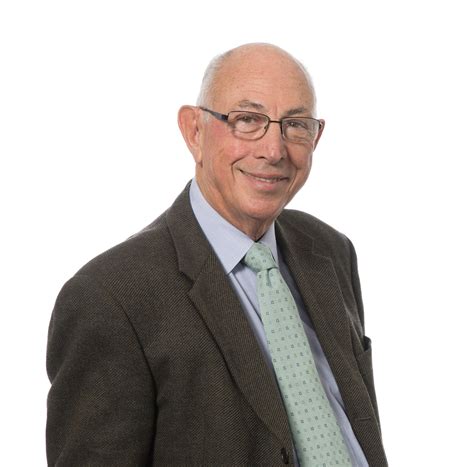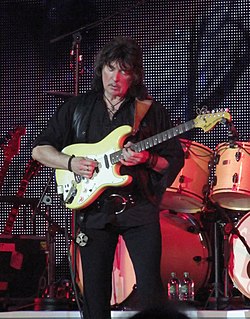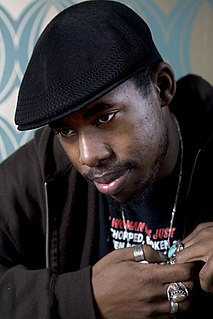A Quote by Mary J. Miller
It's definitely about the rhythm of the words and how they sound together, writing one sentence and then another and another and cutting something immediately if it doesn't feel true. I come from a family of musicians and - while I have no musical abilities of my own - I think I inherited a good ear.
Related Quotes
As for the influence on my writing,music has definitely influenced how I write. That idea of cadence, repetition, all those elements appear throughout my writing. Drumming has definitely had a huge influence on the way I write, too. Has definitely tuned my ear to rhythm. After I've written something, I'll go through it repeatedly, carefully listening to the construction of the words, seeing, hearing how they flow.
The script is like music to me. I approach it like it's a musical piece and I hear how it's supposed to sound when people say the words. There's rhythms and there's intonations and things, and so, when somebody comes in and hits the notes that I hear, I go okay. Or, they come close enough, and then I'll say "Well how about you try it like this?" and if they have a good ear and they can pick it up, then I think okay, they've got it.
The book works better if I know everything I can about the ending. Not just what happens, but how it happens and what the language is; not just the last sentence, but enough of the sentences surrounding that last sentence to know what the tone of voice is. I imagined it as something almost musical. Then you are writing toward something; you know the sound of your voice at the end of the story. That's how you want to sound in those final sentences: the degree that it is uplifting or not, the degree that it is melancholic or not.
I think that when you're writing plays, and I think it's also true with novels, it helps to have an ear for the music of language, for what we call poetry, for the sound effects and the way that the sound can produce sensual feeling at odds with or consonant with the content of the work. Your work is also gorgeous writing. It's very unfortunate when you open a novel that everybody's loving and it's just, you know, an excruciatingly bad sentence.
It doesn't matter if it's jazz or not. It's about how we listen, how we interact, how we guide our attention when we're listening, and how we can refine what we're doing musically. Also how we can create our own music, and what opportunities that can bring us, as creative musicians. And then insisting that musicians put themselves through an intellectually rigorous process, which involves a lot of reading and writing, while insisting that music scholars think about ethics.
If you think about it, we love others not for who they are, but for how they make us feel. In order to willingly accept the direction of another individual, it must make you feel good to do so...If you believe what I'm saying, you cannot help but come to the conclusin that those you have followed passionately, gladly, zealously~have made you feel like somebody...This business of making another person feel good in the unspectacular course of his daily comings and goings is, in my view, the very essence of leadership.
I'm definitely not a guy that comes in the dressing room saying, "Hey, everybody, what a wonderful life." I'm usually brooding about something I think is wrong. I care so much about getting the music right, and if I think someone's slacking I get very upset about that. I just can't go on stage and say, "Another day, another dollar," which I've heard a few people say: I can't go along with that at all. It's got to be as good as you can do - to my own detriment.
I definitely learned to communicate with other musicians better. I used to feel so intimidated by guys who can read notes, like, 'Oh my God, they're gonna think I'm not even gonna be able to sit at the table.' But I've come to see that a lot of these musicians don't know how to read music either, and that made me feel good.

































